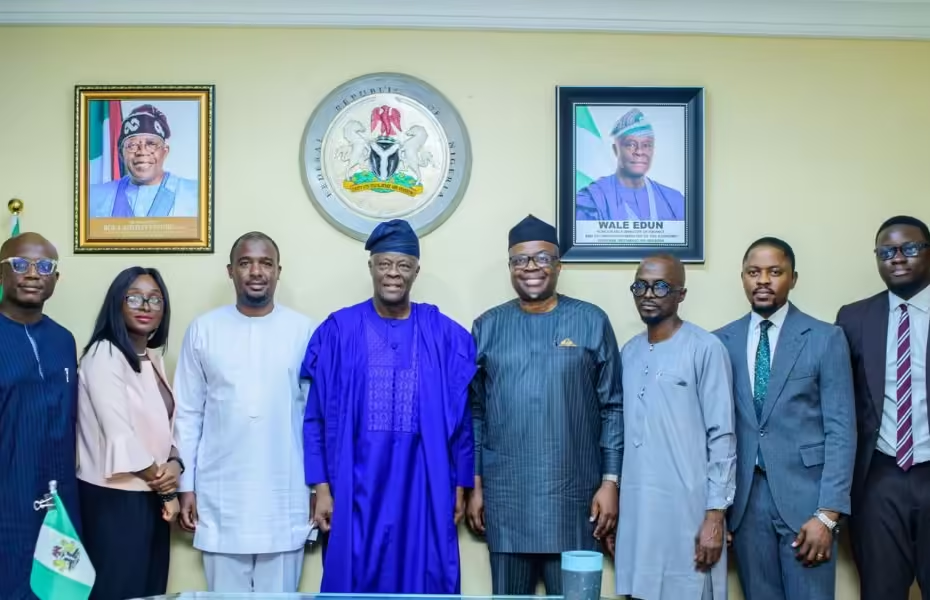The government of Nigeria has launched an initiative to create Digital Free Zones. This is with the aim to position the country as a global hub for digital trade and innovation. President Bola Ahmed Tinubu is leading the effort, with a committee set up to guide the development of these zones.
The Digital Free Zones are designed to attract technology, finance, and service-oriented businesses. This is by providing a modern, supportive environment for the 21st-century economy. Mr. Wale Edun, the Minister of Finance and Coordinating Minister of the Economy is chairing the committee.
It also includes key officials such as the Attorney General of the Federation and Minister of Justice, Prince Lateef Olasunkanmi Fagbemi SAN, and the Honourable Ministers of Communications, Innovation and Digital Economy, Dr. Bosun Tijani; Industry, Trade and Investment, Dr. Doris Uzoka-Anite; and Interior, Mr. Olubunmi Tunji-Ojo.
Also Read: Afreximbank to Double Intra-African Trade Financing to $40 Billion by 2026
Private Sector Participation and Technical Guidance
The Initiative for the Promotion of Digital Free Zones in Nigeria (DiFZIN) represents private-sector stakeholders on the committee. Various private-sector development and advisory organizations support DiFZIN.
These include Africa Finance Corporation, PwC Nigeria, Charter Cities Institute, Future Africa, and Itana. The aim is to develop Nigeria’s free zones into Africa’s leading hub for global technology, finance, and service businesses.
The committee will work closely with government agencies and private stakeholders to update Nigeria’s outdated free zone policies and regulations. The goal is to align them with global standards.
This involves creating policy and operational frameworks that enable qualified global and local businesses to set up Pan-African or global operations from Nigeria.
Businesses within these zones will enjoy benefits such as modernized regulations, including tax, banking, and immigration incentives. The government will simplify compliance processes and ensure a stable regulatory environment.
The initiative aims to boost foreign direct investment, create jobs, and increase foreign exchange inflows through innovative strategies in the free zones ecosystem.
The recent establishment of Itana, Africa’s first digital free zone management company, further highlights the government’s commitment to creating a conducive environment for global businesses in technology, finance, and services.

